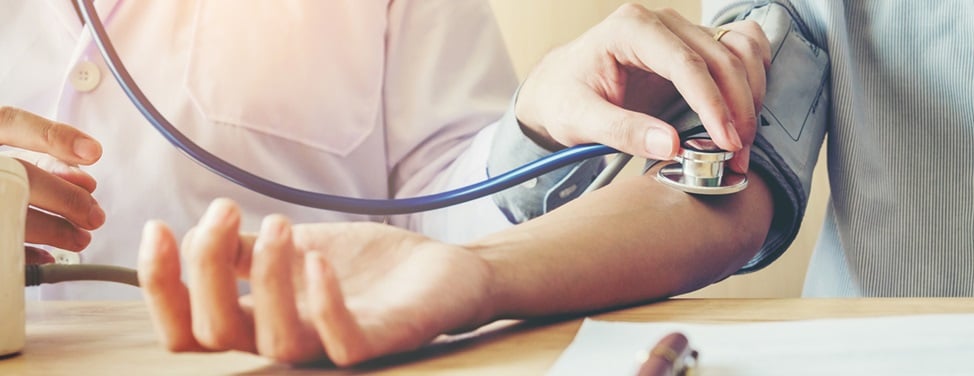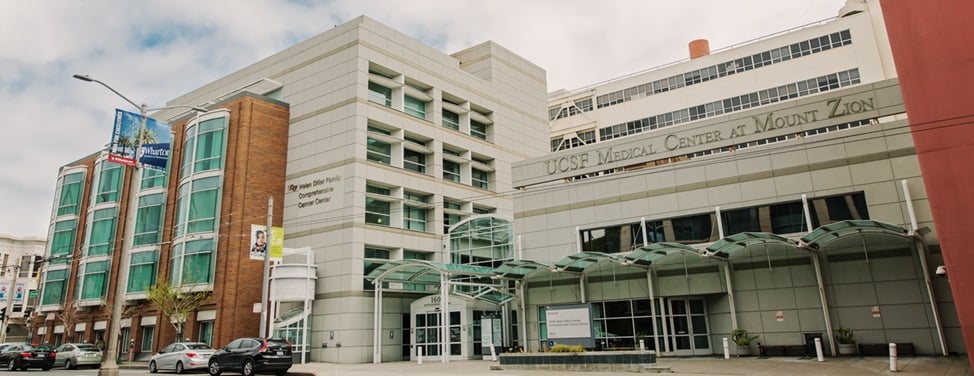
Women and Cardiovascular Disease
Heart disease has long been considered a man's disease. Although women tend to develop cardiovascular disease about 10 years later in life than men, the outcome for women is often worse. Heart disease is the No. 1 killer of American women, and claims the lives of 1 in 3 women, or 500,000 women a year.
According to the American Heart Association, 49 percent of women believe that men are more likely than post-menopausal women to have a heart attack, and 61 percent of women consider cancer to be their greatest health threat.
Each year, however, more women than men die from cardiovascular disease – disorders of the heart and blood vessels – which causes twice as many deaths in women than all forms of cancer combined.
Risk factors
Two-thirds of all women have at least one risk factor for developing cardiovascular disease.
- More than 60 percent of women are overweight or obese
- Twenty-five percent of women do not do any type of physical activity
- More than 50 percent of women over age 45 have high blood pressure
- Forty percent of women past age 55 have high cholesterol
The good news is, you can reduce your risk of cardiovascular disease by:
- Not smoking
- Eating a low-fat diet, including fruits and vegetables
- Exercising regularly
- Maintaining a healthy weight
- Seeing your doctor for regular check-ups
- Talking with your doctor about any questions or concerns you have
Because cardiovascular disease is a silent killer, it is important for women to take good care of their hearts throughout life, not only as they get older. In most cases, heart and blood vessel diseases develop slowly, over several years.
Know your symptoms
Women don't experience heart disease the same way men do. Women tend to have less angina, or pain. Heart attacks among women usually are more sudden and come on with less warning. As a result, women are less likely to think they're having a heart attack and to seek emergency medical care.
While women may have the classic symptom of chest pain when experiencing a heart attack, they're also more likely to experience uncommon symptoms. Heart attack warning signs include:
- Tightness or a feeling of pressure in the chest
- Pain or heaviness radiating down the left arm, or up to the neck or jaw
- Pain that goes through the chest to the back, between the shoulder blades
- Breaking into a cold sweat
- Heartburn
- Shortness of breath with exertion
UCSF Health medical specialists have reviewed this information. It is for educational purposes only and is not intended to replace the advice of your doctor or other health care provider. We encourage you to discuss any questions or concerns you may have with your provider.




















